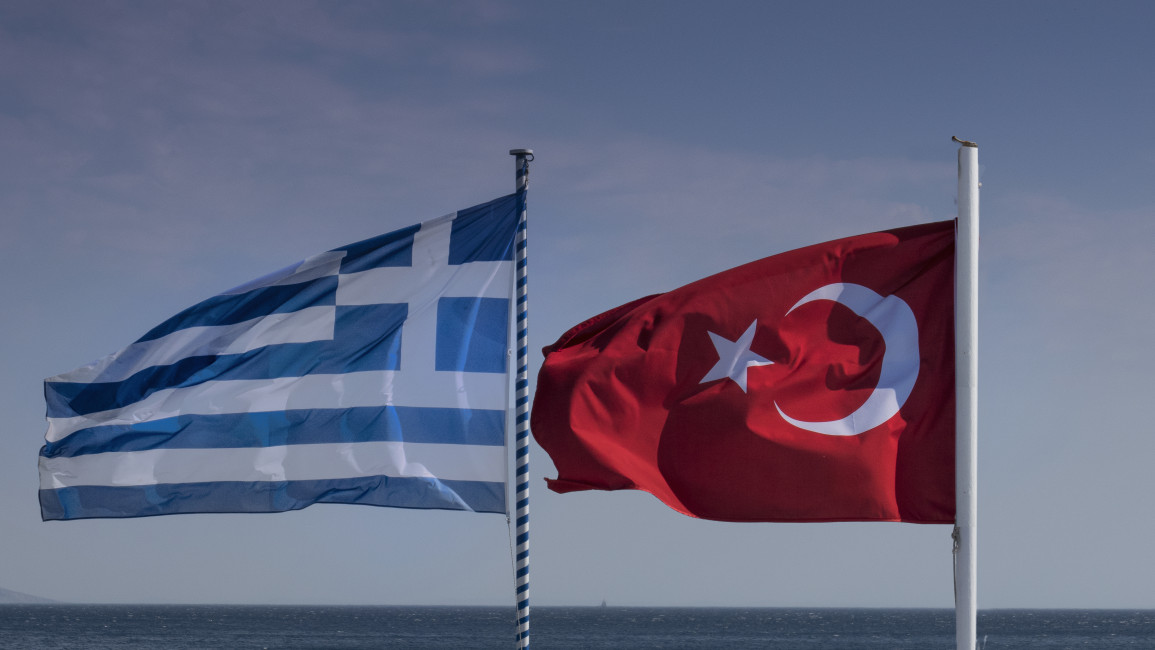Greece to expel Turkish-Armenian writer
A Greek court has ordered the release of a Turkish-Armenian writer, on condition that he leaves the country within two weeks, the Armenian embassy in Athens said on Friday.
Sevan Nisanyan, a 65-year-old linguist and blogger, had been living under a temporary permit in Greece since fleeing a Turkish prison in 2017.
He was detained on the island of Samos on December 30, 2021, after Greek authorities refused to renew his residence permit, his wife Ira Tzourou reported on Facebook and Twitter.
The Armenian embassy said in a statement on Facebook that an administrative court had "announced a decision according to which Sevan Nisanyan will be released today".
"According to the decision, he is obliged to leave Greece voluntarily within 15 days. As Sevan Nisanyan is an Armenian citizen, he can leave for Armenia if he wishes," it added.
In a post of his own on Facebook, Nisanyan announced he was free.
"I have been released from custody after eight days in jail," he wrote.
Neither he nor his wife were immediately available for comment on the couple's plans.
Greek police last week declined to say why his residency permit was not renewed.
The Armenian embassy said at the time it was "taking all possible measures to resolve the case".
Nisanyan had been jailed in neighbouring Turkey in 2014 over an alleged illegal building construction, charges he says were punishment for his outspoken views about restrictions on freedom of expression in the country.
He fled a low-security prison in 2017 and sought asylum in Greece.
Nisanyan had previously been convicted in Turkey of blasphemy over a 2012 blog defending an anti-Islam film that ridiculed the Prophet Mohammed and sparked angry protests across the world.
Greek courts customarily decline to extradite to Turkey people who say they face persecution for their views there.



